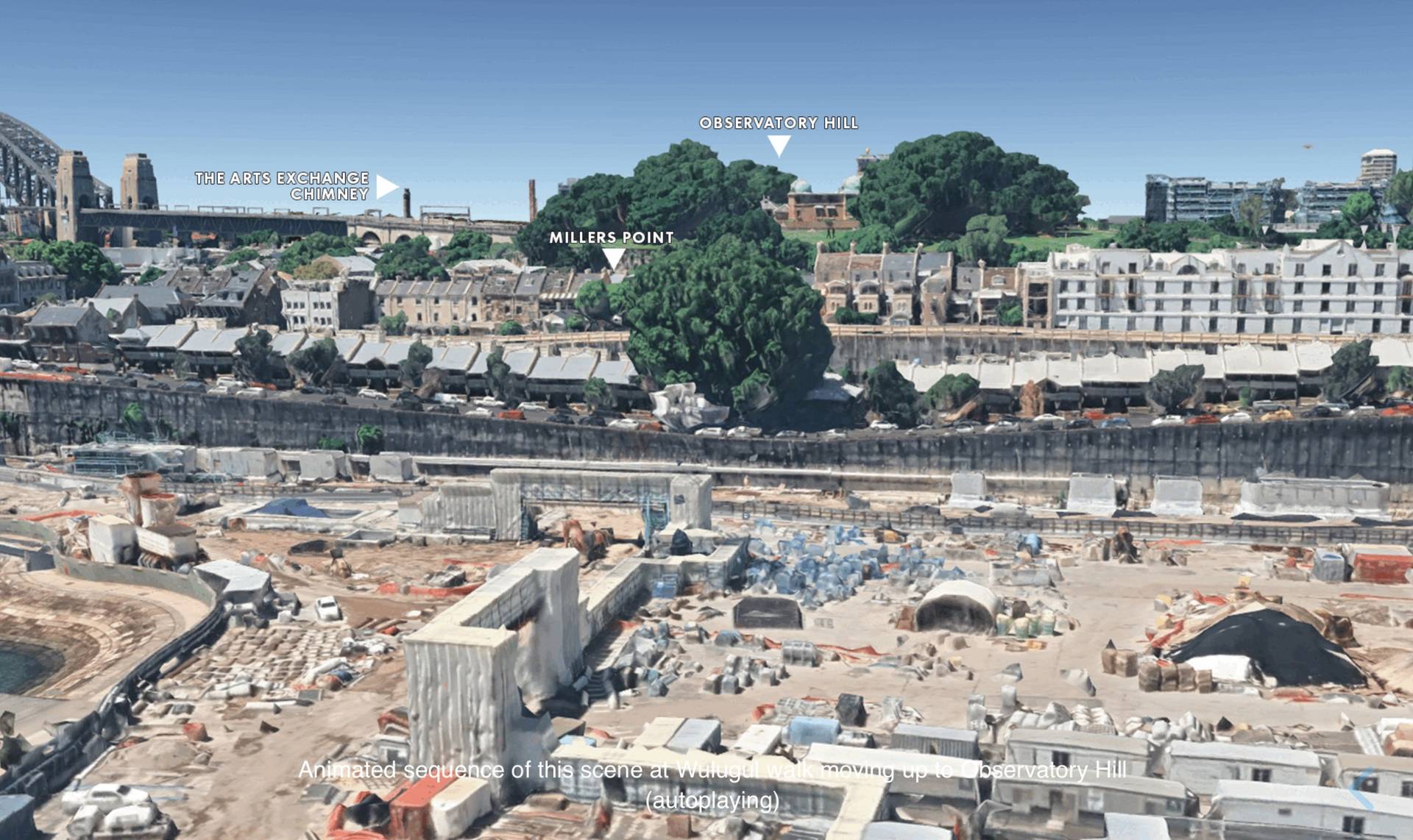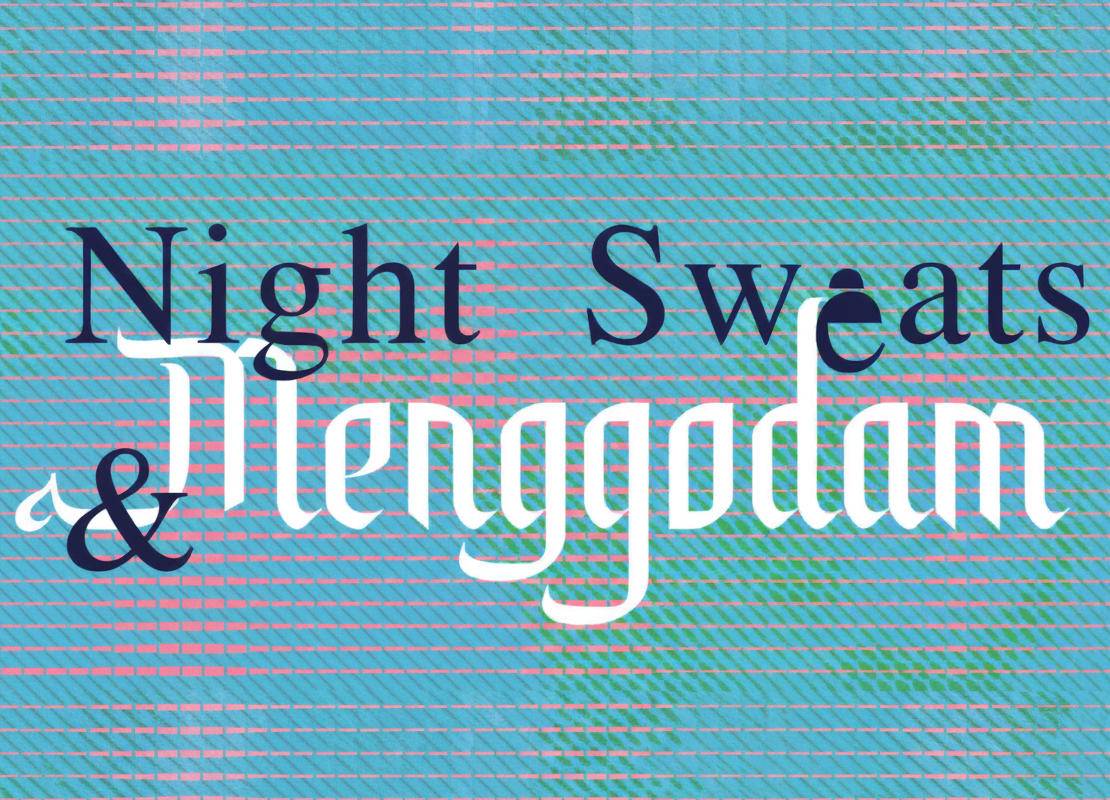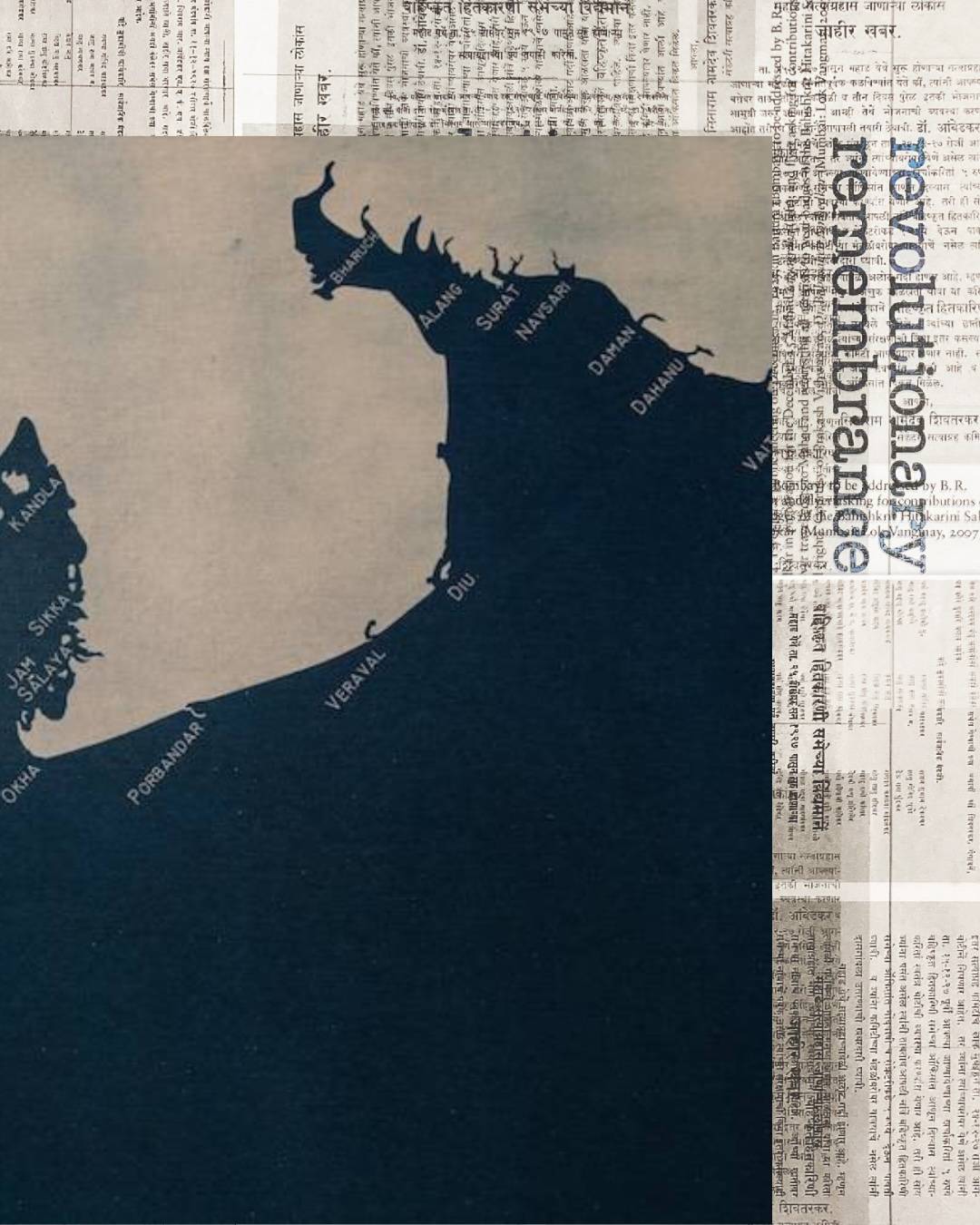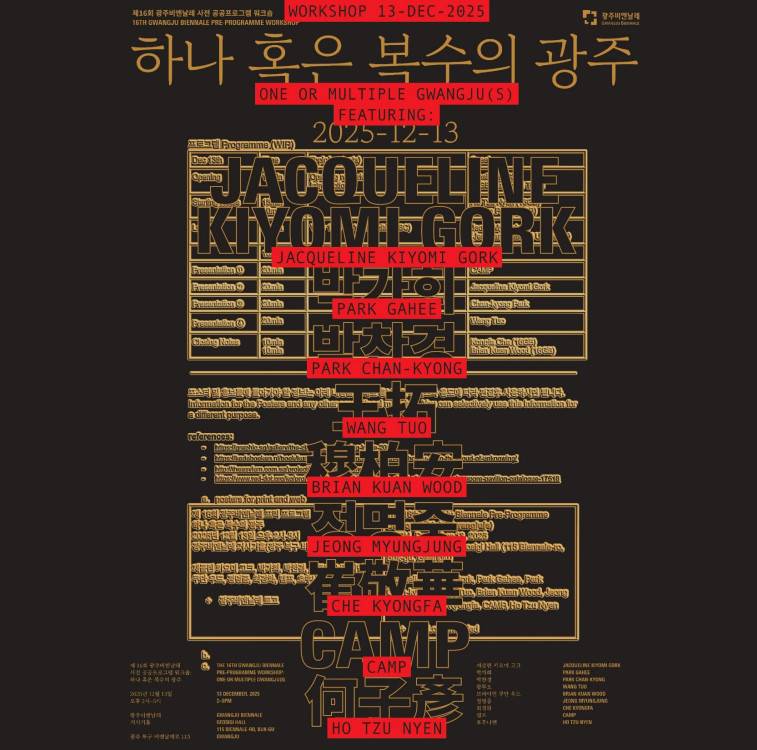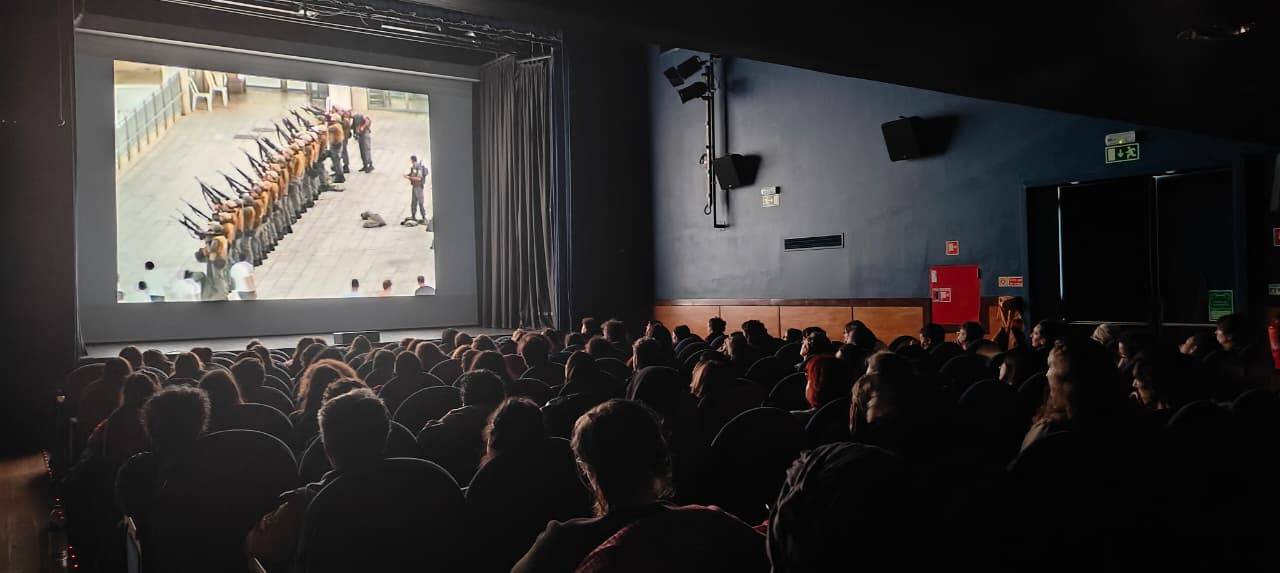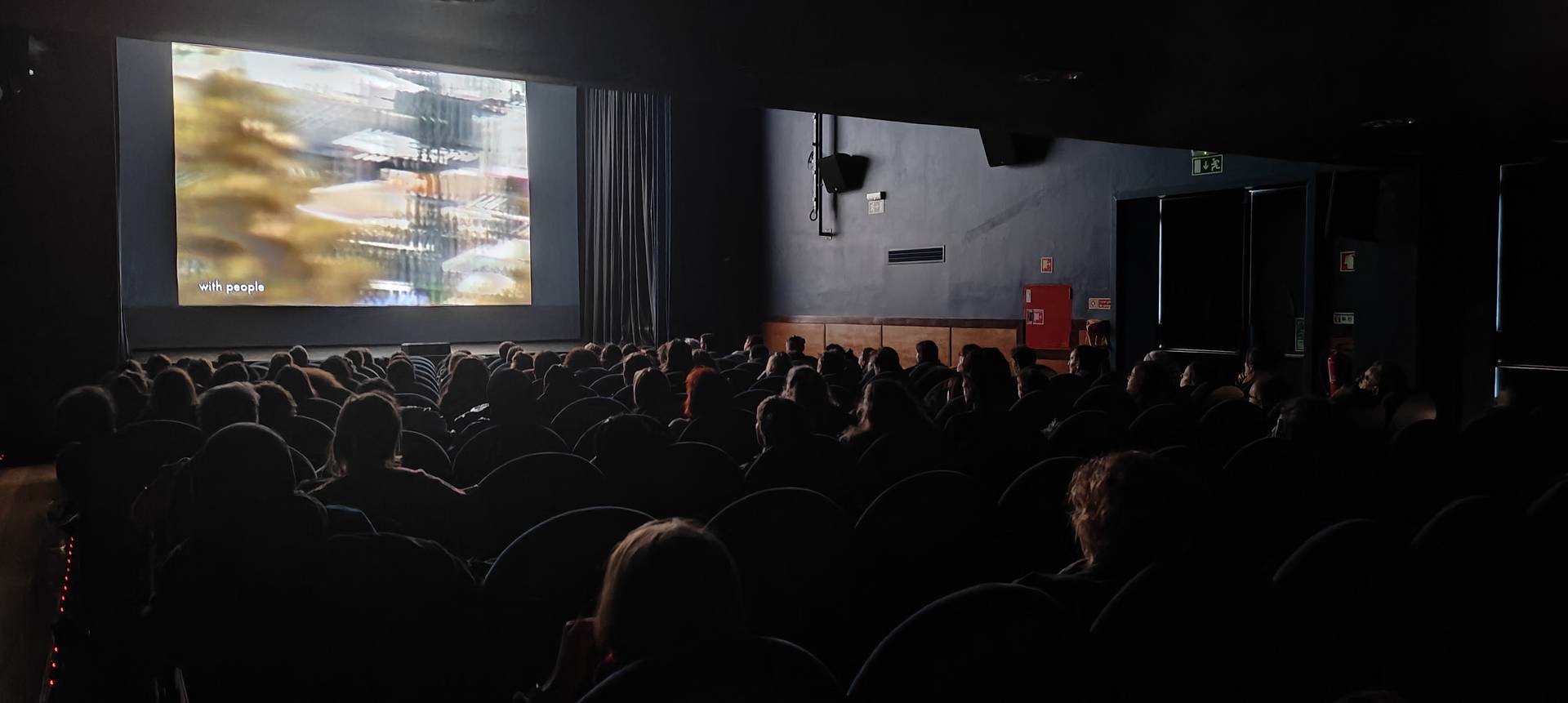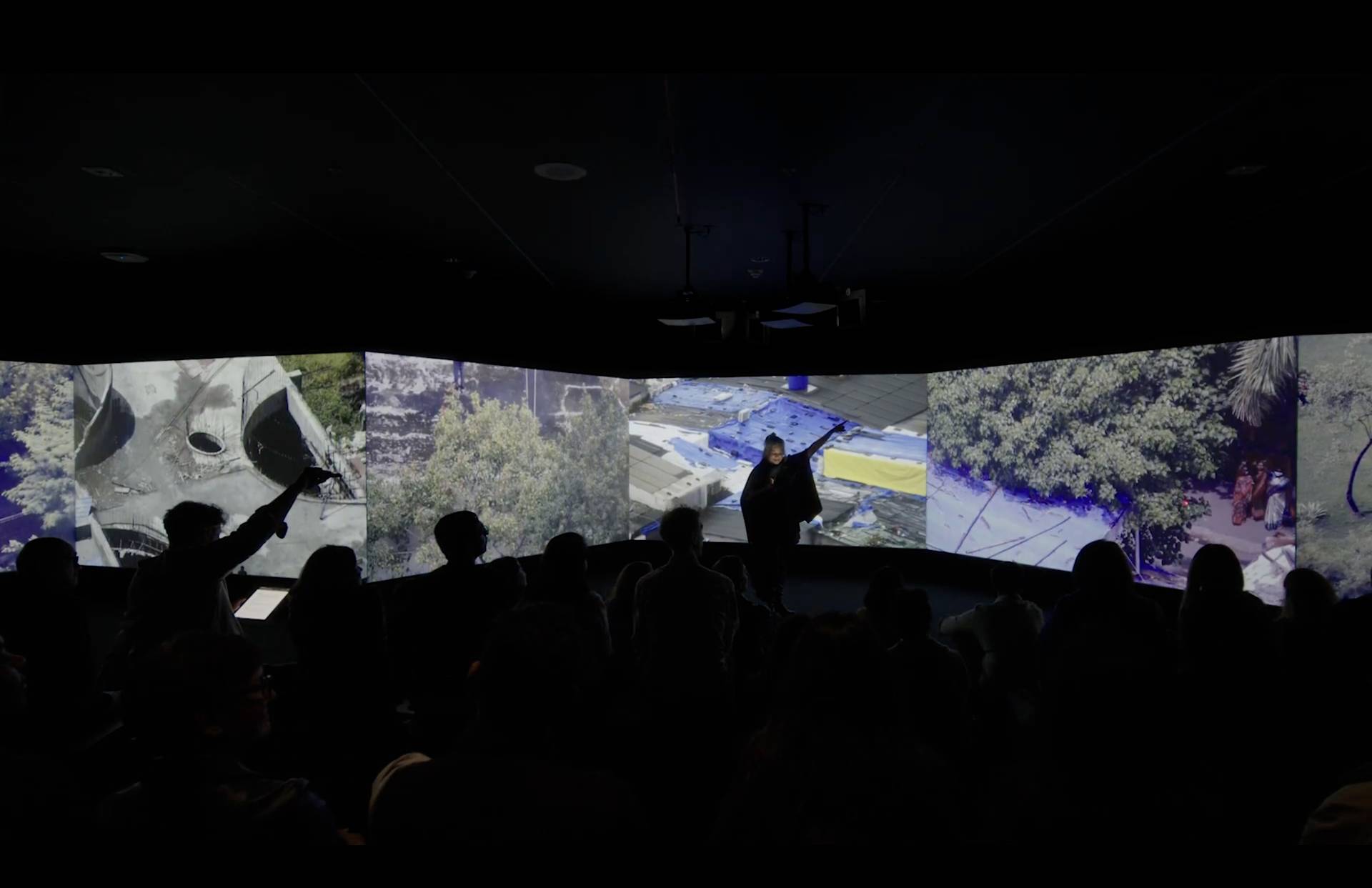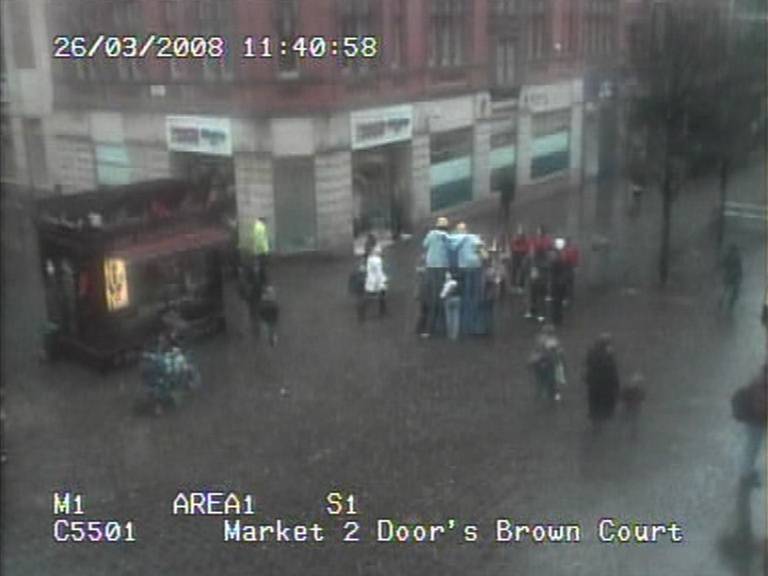
Cinema At the time of More cameras than People
Oct. 30, 2015 - Nov. 4, 2015
at MAMI
31st October, 2015
2 pm PVR Phoenix Cinema - Screen 1,
Lower Parel, Mumbai
A talk and screening of video works by CAMP. We have systematically rebuilt relationships between subjects, authors and technology in video; between the eye, the lens and the audience; between footage, edits and finished work and pushed film form in ways that do not take these many component parts of film for granted. Our interests lie in both the production and distribution of images, and how these two things may be connected. In discussion with Nancy Adajania.
The session is part of a two-day programme of screenings, presentations
and discussions on the ideas surrounding experimentation with film
language and form, at the MAMI Mumbai Film Festival put together by
Avijit Mukul Kishore and Rohan Shivkumar.
SCHEDULE:
DAY 1
OCTOBER 30
Session 1: 10:00 am
FILM AS ART: AN INTRODUCTION
Lecture and screening session presented by Shai Heredia
The first level of connection with the film medium is immediate and sensory. Through a process of viewing and discussion this session will explore the aesthetics of avant-garde/ experimental films, both Indian and international. By forging intricate connections with other art forms, particularly painting, poetry, photography and music, the medium will be deconstructed to recognize layers of form and content.
This session will be presented by Shai Heredia, film maker and the founding director of the ‘Experimenta’ – an artist-run platform that encourages experimentation with the moving-image in India.
Session 2: 2:00 pm
IMAGE AS MUSIC
‘Dhrupad’ by Mani Kaul, Films Division India
Hindi with EST, Colour, 1983, 70 min
Dhrupad is the oldest surviving form of Hindustani Classical music and the Dagars, who have been singing for twenty generations, are responsible more than any one else for keeping it alive. Times have changed but the Dagars have tenaciously strived to maintain the pristine art form. This film is a slow meditative journey that fuses the depth and quiet of the traditional with the hurly-burly of the modern. The conflict between the soulfulness of the gurukul as envisaged and practiced by the Dagars and the philistinism of city life is more left to the imagination than spelt out here. The film's mood ranges from the occasionally playful to the largely pure and profound.
Session 3: 4:00 pm
PROPAGANDA / ANTI-PROPAGANDA
The documentary films of S.N.S. Sastry, Films Division India
Films Division, Government of India, is the second largest state-run documentary-producing organisation in the world, the largest ones being its equivalent in the former Soviet Union. It was formed in 1948, with the mandate of recording the visual history of the newly formed nation, using the medium of documentary film. The language and form of these films makes an interesting study, as do the distinct departures from the established norms of documentary film making within them. These departures are almost always expressed through formal innovation; irony and humour, creating films that could be disturbing and delightful at the same time.
This session features and analyses the landmark short films of SNS Sastry, one of Films Division’s most illustrious film makers. The films are ‘And I Make Short Films’ (1968), ‘Keep Going / Lage Raho’ (1971), ‘This Bit of That India’ (1972), ‘Our Indira’ (1974) and 'Amir Khan' (1970).
Session 4: 7:30 pm
NARRATIVE GAMES
‘Urf Professor’ by Pankaj Advani
Hindi with EST, Colour, 2001, 120 min
Chaos follows after a hit-man's car and winning lottery ticket go missing. Hudda is a Mumbai-based gangster who undertakes to kill people with the help of a man simply known as the Professor, who is in the habit of buying lottery tickets. Both the Professor and Hudda will find their lives changing when the nephew of a gangster gets killed, and they must find an undertaker who is able to put his mutilated face together. This is a dark comedy that keeps playing with the viewers’ expectations of the plot and it’s characters’ behaviour.
The film will be presented by film maker Kamal Swaroop.
DAY 2
OCTOBER 31
Session 1: 10:00 am
THE INDIAN NEW WAVE AND IT’S LEGACY
Lecture and screening session presented by Ashish Rajadhyaksha
It is often said that what distinguishes the independent sector of the New Cinemas from the better known middle-cinema is its experimentation with the celluloid form. The experiments were with lensing, with lighting, with sound, with film stock and lab processing, as much as they were with acting and scripting. While the best known of the celluloid experiments were those of Mani Kaul, they also included films by Kumar Shahani, Avtar Kaul, Satyadev Dubey, Mrinal Sen and Girish Kasaravalli.
This presentation is a walkthrough of the formal experiments of the new cinemas of the 1970s. Presented by film scholar Ashish Rajadhyaksha, author of 'Indian Cinema in the Time of Celluloid: From Bollywood to the Emergency' (2009) and co-editor of the 'Encyclopaedia of Indian Cinema' (1999-2001). Ashish has recently edited and introduced the writings of Kumar Shahani, titled 'The Shock of Desire and Other Essays' (2015).
SCREENING: 11:45 am
‘Aadmi Ki Aurat aur Anya Kahaniyan’ by Amit Dutta
Hindi with EST, Colour, 78 min, 2009
Amit Dutta’s “Aadmi ki Aurat aur Anya Kahaniyan” is a film based on stories by Vinod Kumar Shukla and Sadat Hasan Manto. The film attempts to explore the relationship between forms of storytelling in literature and in cinema.
There are three stories presented in the film- ‘Ped Par Kamra (Room on a tree), ‘Aadmi Ki Aurat’ (Man’s Woman) and Sau Kendal ka Bulb (100 watt Bulb) each a tale concerning paranoia, displacement and alienation, a probing into the complex nature of relationship between a man and a woman, and of the internal world of lonely men in relation to their environment.
Amit Dutta, a graduate of FTII specialized in direction is known for his distinctive style of filmmaking rooted in Indian aesthetic theories and personal symbolism resulting in images that are visually rich and acoustically stimulating.
Session 2: 2:00 pm
THE EXPANDED FIELD OF CINEMA
Cinema At the time of More cameras than People
Culture theorist Nancy Adajania will be in discussion with with Shaina Anand and Ashok Sukumaran of CAMP, an art collective that has many full forms for the acronym including 'Cinema At the time of More cameras than People'. This session looks at the unique ways in which film and moving image practice move beyond the boundaries of the cinema theatre into the art gallery, the internet and other public spaces; how people work with found footage and videos that may comprise sting material. For over a decade, CAMP's work has rebuilt relationships between subjects, authors and technology in video; between the eye, the lens and the audience; between footage, edits and finished works.
Session 3: 4:00 pm
OF MEMORY: COPIES WITHOUT AN ORIGINAL
‘The Forbidden Room’ by Guy Maddin
English, Colour, 130 min, 2015
A submarine crew, a feared pack of forest bandits, a famous surgeon, and a battalion of child soldiers all get more than they bargained for as they wind their way toward progressive ideas on life and love.
Guy Maddin is an installation artist, screenwriter, cinematographer and filmmaker who has made ten feature-length movies and innumerable shorts. He has also mounted across the USA, UK, France, Germany, Australia, Peru, Mexico and Argentina numerous live performance versions of his films featuring live music, sound effects, singing and narration.
Session 4: 6:30 pm
THE IDEA OF A QUEER AESTHETIC
Panel discussion
While this is a subject of tremendous discourse internationally, discussions on the idea of a queer aesthetic are fairly nacsent in the Indian context. We are yet to start a serious study of queer art from the perspective of form, aesthetics and the politics inherent to the subject. Is queer art inherently related and limited to sexual orientation? And is there a difference between queer and camp? This panel discussion brings together a visual artist, a theatre-person and an ethno-musicologist - all of whom work on film, to discuss what queer art means to them.
Panelists: Natasha Mendonsa (visual artist), Vikram Phukan (theatre-person an writer) and Jeff Roy (ethno-musicologist). Moderator: Avijit Mukul Kishore
Screening: 7:30 pm
‘Blue’ by Derek Jarman
English, Colour, 80 min, 1993
Against a plain, unchanging blue screen, a densely interwoven soundtrack of voices, sound effects and music attempt to convey a portrait of Derek Jarman's experiences with AIDS, both literally and allegorically, together with an exploration of the meanings associated with the colour blue. 'Blue' is the twelfth and final feature film by director Derek Jarman, released four months before his death from AIDS-related complications. Such complications had already rendered him partially blind at the time of the film's release. The film was his last testament as a film-maker, and consists of a single shot of saturated blue colour filling the screen, as background to a soundtrack where Jarman's and some of his favourite actors' narration describes his life and vision.
This is the first screening of 'Blue' in India.
This programme is curated by Avijit Mukul Kishore and Rohan Shivkumar. Avijit is a film maker and cinematographer whose work includes documentary and feature films, visual art, teaching and curating. Rohan Shivkumar is an architect and urban studies scholar, Deputy Director of Kamla Raheja Vidyanidhi Institute of Architecture, who has worked on film-based research projects, curation and is the co-editor of the book 'Project Cinema City'.

